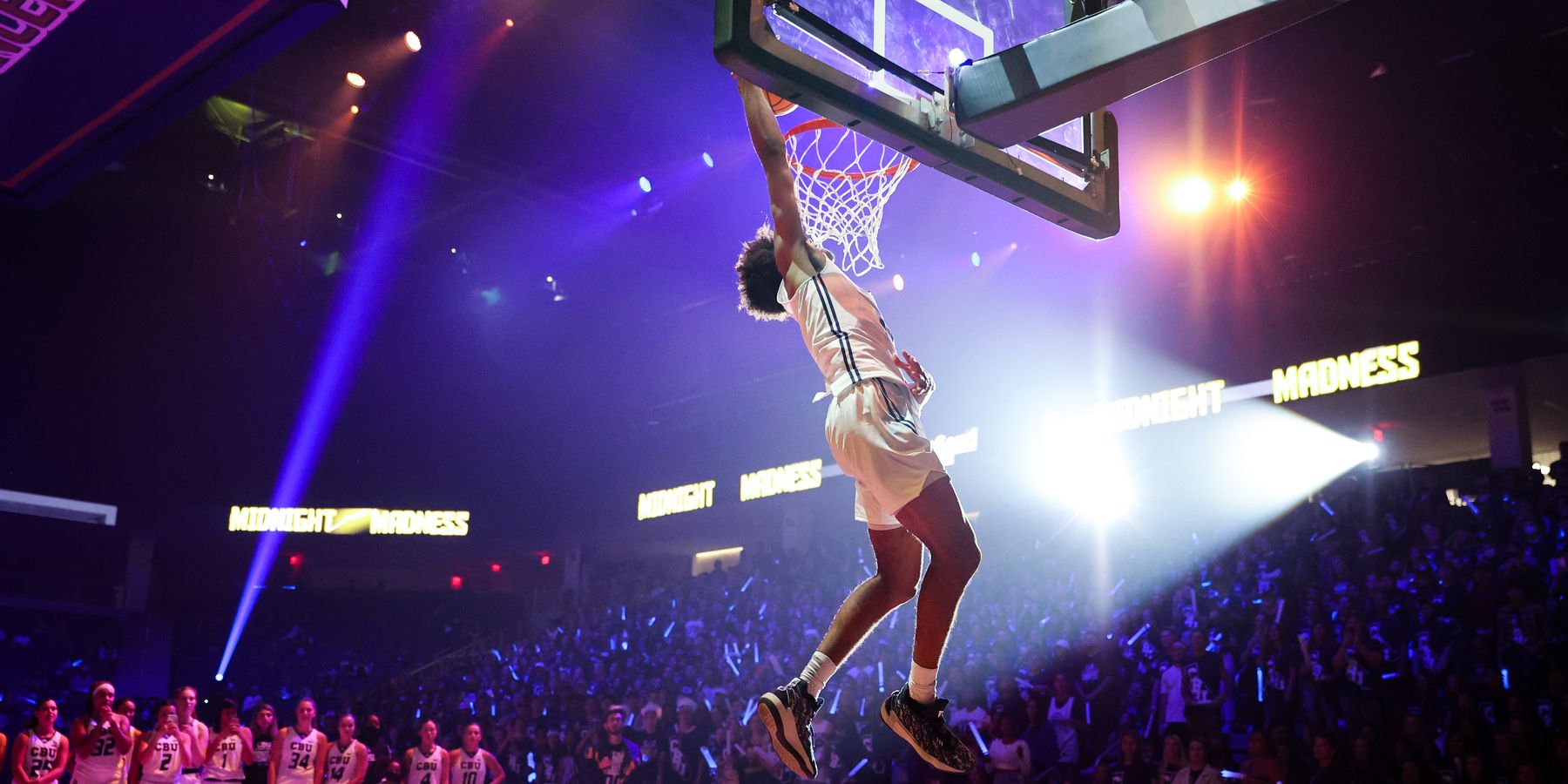
Student Athletes
"But those who hope in the Lord will renew their strength. They will soar on wings like eagles; they will run and not grow weary; they will walk and not be faint."
Holistic Approach for Student Athletes
Spiritual Self-Care
Prayer, scripture, worship music, and reading God's Word can help you develop a different perspective on suffering, giving you purpose for your pain.
Psychological Self-Care
Counseling can help you process the complexities of being a college athlete and provide additional coping skills. Continue with any prescribed medication or treatment by your doctor and/or counselor.
Social Self-Care
Maintaining healthy relationships in and out of your sport is essential. Support groups or group therapy can connect you with others experiencing similar struggles and can be a source of comfort, a sense of belonging, and feeling understood.
Physical Self-Care
- Ensure proper nutrition, sufficient hydration, and proper sleep hygiene, and develop adequate warm-up and stretching rout warm-up and stretching routines.
- Be proactive with injuries or pain. Stay consistent with rehabilitation as needed.
- Maintain all doctor appointments and make them aware of changes in sleep, mood, and daily performance.
"Carry one another's burdens, and in this way, you will fulfill the law of Christ."
Potential Effects on Mental Health
- Anxiety
- Depression
- Eating Disorders
- Sleep Disorders
- Adjustment Disorders
- Personality Disorders
- Substance Abuse
- Negative Thought Patterns
- Lack of motivation, withdrawal
- Loneliness, isolation, and shame
- Low self-esteem, identity, and worth issues
Intercollegiate athletes live in a unique, intense, and demanding culture that includes:
- Extreme pressure to perform
- Significant requirements on time
- Exhaustion from balancing education and athletic requirements simultaneously
- Possible isolation due to lack of social interaction and relationships
If you are struggling to balance the demands of intercollegiate athletics and would
like to talk to someone, please contact the CBU Counseling Center. We are honored
to come alongside you and help you process
your struggles with a Christ-centered therapy approach.

